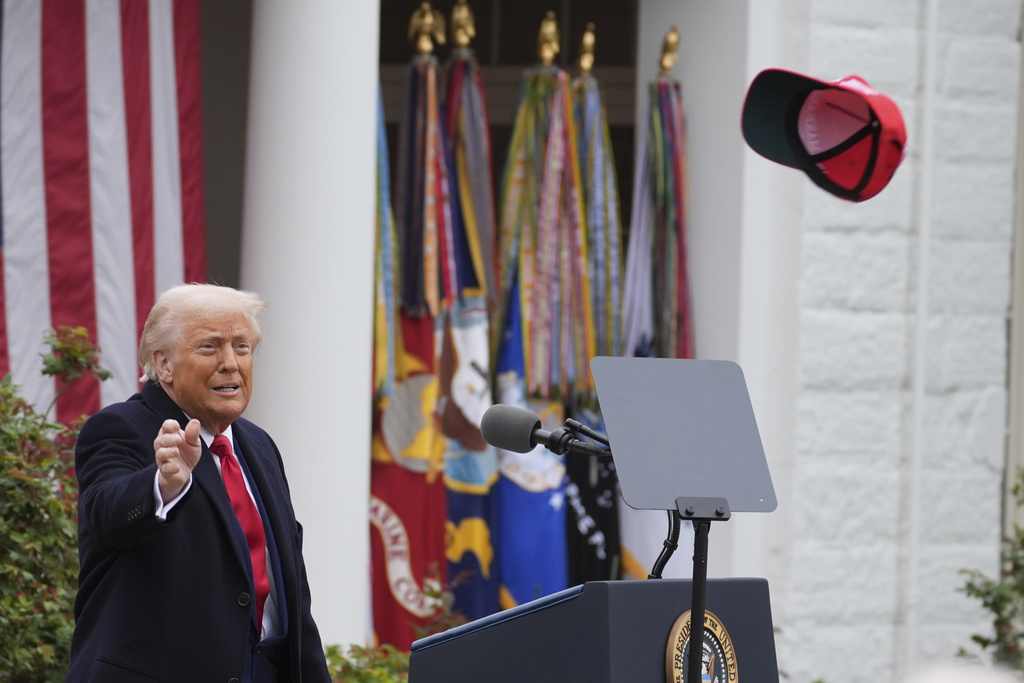by Shahnoor Wahid;
Donald Trump’s tariff hike was a well-nigh below the belt punch aimed at major economies of the world. Economists fear this sudden unilateral decision might lead to an unprecedented economic slump and subsequently to a depression that no one wants to see at the moment. In this context world leaders dread the possibility of another depression similar to the one that swept through America in the 1930 and its aftermath. The Great Depression caused a severe worldwide economic downturn, resulting in high unemployment, poverty, and drastic reductions in industrial production and trade. Well, we are sure President Donald Trump knows this much of history and would rethink and restructure his tariff policy, hopefully that is.
It is however still shrouded in mystery as to what triggered him to take such an impudent decision; was it an off-the-cuff Monday-morning pronouncement to boost his ego or the result of a well-thought-out week-long brainstorming session with the horde of policy think-tanks. Questions abound on whether his team of experts had weighed all the pros and cons before announcing one of his very controversial economic policies during his second term. Were they aware before saying ‘yes boss’ to the president that the highly sensitive policy might lead to a trade war? Were they aware that such a draconian policy might put many smaller economies on reverse gear thereby triggering social unrest in many countries? Perhaps not.
There is no denying that Bangladesh’s economy depends largely on the RMG sector as it brings a huge amount of foreign currency and creates job opportunities for millions. Though little tremors from time to time have jolted this sector in the past, nothing as maliciously intended as Trump’s tariff policy has ever loomed so large over it.
If we look at the recent past performance of the RMG sector we find it growing steadily to reach the coveted target of USD 50 billion. Yes, Bangladesh can reach that target if everything, especially political stability, stays in favour. BGMEA leaders have been toying with the rhetoric of meeting the 50-billion-dollar export target for the last ten years. And why not? In the recent past, Bangladesh has been placed globally in the second position (after China) as exporter of readymade garments. This has been published in WTO’s World Statistical Review 2023. This has also been confirmed that Bangladesh’s global market share in apparel exports increased to 7.9 percent. We must hold on to this.
In reality, Bangladesh obtaining second position is not something new because we have been enjoying the second position for many years now, but for some reason we lost the position in 2020 to Vietnam, a strong competing country in the RMG sector. That particular year Bangladesh earned $27.47 billion whereas Vietnam earned $29.80 billion. Bangladesh regained that position in 2021 with export earnings of $35.81 retaining the position in 2022 as well.
Therefore, we can clearly see that unless our RMG sector leaders and the government sit with the American government to reduce the tariff rate we might fall behind other RMG exporters like Vietnam and even China. We know that Dr. Yunus has written a letter to the Trump administration asking for a three-month grace period in imposing the tariff but we believe it requires more aggressive diplomacy. This could be an acid test for the incumbent government.
#


